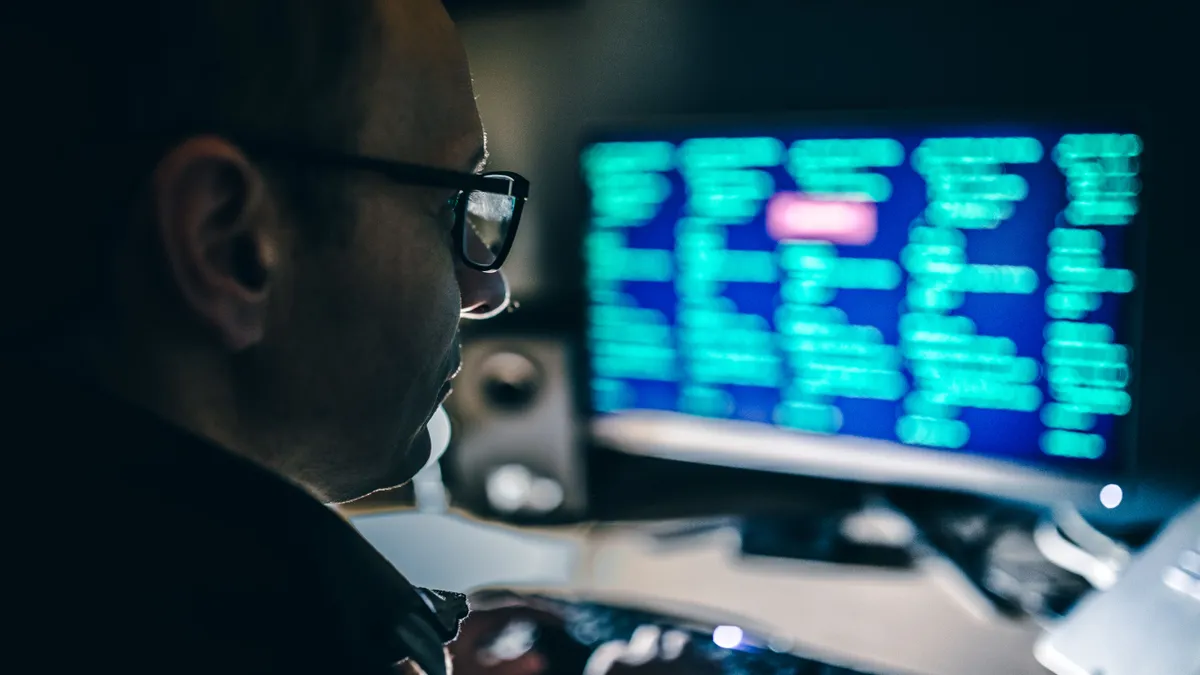Dive Brief:
- Eight in 10 technologists say their job became more complex during 2020, a consequence of quick innovation and a sprawling technology stack, according to a report from AppDynamics. The report included interviews with 1,050 global IT professionals.
- The increase in complexity took a toll on IT pros; 89% of technologists say they feel "immense" pressure at work. Upholding IT through a pandemic, 84% of technologists found difficulty switching off from work.
- In 2021, after most organizations increased their reliance on digital platforms to operate, three-quarters of technologists say IT became more complex as a result of their response to the pandemic.
Dive Insight:
Companies anticipate sustaining a hybrid work model long term and are turning to technologists for the tech stack that supports it, from remote conferencing software to expanded collaboration platforms.
But organizations couldn't pause ongoing digital transformation. Leaders accelerated the timeline for major strategic transformation projects in 2020. "Innovation initiatives that would typically have taken 21 months prior to the pandemic were delivered within seven months last year," according to the report.
Managing the complexities of bigger, more intricate IT systems starts with having visibility across all components of the tech stack, the majority of respondents said. Two-thirds of technologists say they lack strategies and tools to effectively measure how technology decisions impact business outcomes.
Without business context, technologists "will quickly find themselves drowning in complexity and data noise," said Linda Tong, vice president and general manager, Cisco AppDynamics, in a release.
The CIO can serve as a bridge, helping provide business and technology context wherever necessary and informing business leaders as modernization advances. The executive holds a privileged position to steer change from a technical and managerial perspective.
"We continue to live in an environment of significant uncertainty and transformation," said Katy Tynan, principal analyst at Forrester, in an email. "The pandemic is one example but there are other systemic risks that are continuing to impact organizations as they think about how they do business."
Leaders should help their companies "create a culture of change resilience that helps their organizations respond more adaptively to this continuously fluid state of change," said Tynan.













